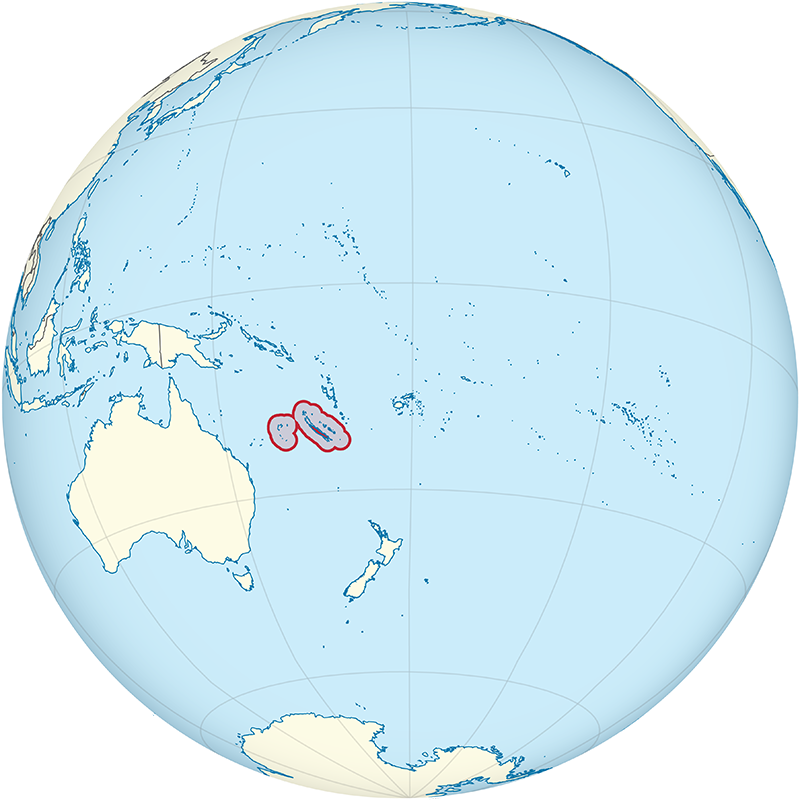
- Population:
- 293,000
- Religion:
- Christianity
New Caledonia was colonized by France in the 19th century and remains a French territory with a degree of autonomy. It has held referendums on independence but has remained part of France. The economy is driven by nickel mining, tourism, and French subsidies.
New Caledonia is a special collectivity of France located in the southwest Pacific Ocean, east of Australia and west of Fiji. It comprises the main island of Grande Terre, the Loyalty Islands, the Isle of Pines, and several smaller islands. Covering a total land area of approximately 18,576 square kilometers, New Caledonia has a population of about 271,000 people as of 2023. The capital and largest city is Nouméa. The official language is French, with Kanak languages also spoken by the indigenous Melanesian population. New Caledonia has a unique status, with significant autonomy under French sovereignty. The economy is driven by mining (particularly nickel), services, and tourism. New Caledonia is known for its rich biodiversity, coral reefs, and Melanesian culture. The territory is a member of regional organizations such as the Pacific Community and the Pacific Islands Forum.




